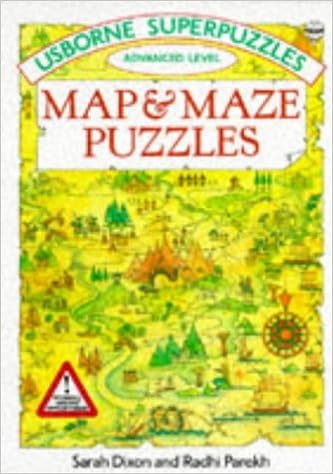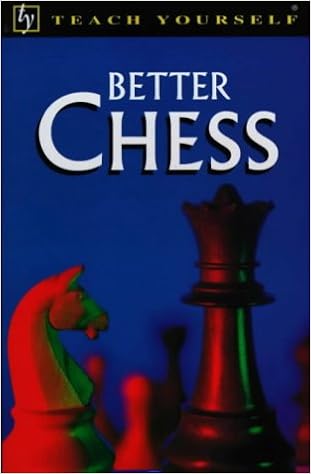

If you’re a researcher or scientist, then using open-source software has some pretty big benefits. This is a big advantage for Python because it means that anyone can pick up the development of the language if the current developers were unable to continue for some reason. Not only can you download Python at no cost, but you can also download, look at, and modify the source code as well.

On the other hand, Python is free and open-source software. If Mathworks were ever to go out of business, then MATLAB would no longer be able to be developed and might eventually stop functioning. Aside from the cost, the MATLAB language is developed exclusively by Mathworks. Plus, users are charged for each additional toolbox they want to install to extend the basic functionality of MATLAB.

For most people, a license to use MATLAB is quite expensive, which means that if you have code in MATLAB, then only people who can afford a license will be able to run it. MATLAB is proprietary, closed-source software. There is also an important philosophical difference in the MATLAB vs Python comparison. On the science and engineering side, the data to create the 2019 photo of a black hole was processed in Python, and major companies like Netflix use Python in their data analytics work. Also, the Python-based Django Framework runs Instagram and many other websites. Not only does Python run Reddit and Dropbox, but the original Google algorithm was written in Python. Python is used by developers working on small, personal projects all the way up to some of the largest internet companies in the world.

Python is a mature language developed by hundreds of collaborators around the world. Python was created by Guido van Rossum and first released in the early 1990s. Python is a high-level, general-purpose programming language designed for ease of use by human beings accomplishing all sorts of tasks. MATLAB vs Python: Comparing Features and Philosophy Free Bonus: Click here to get access to a free NumPy Resources Guide that points you to the best tutorials, videos, and books for improving your NumPy skills.


 0 kommentar(er)
0 kommentar(er)
